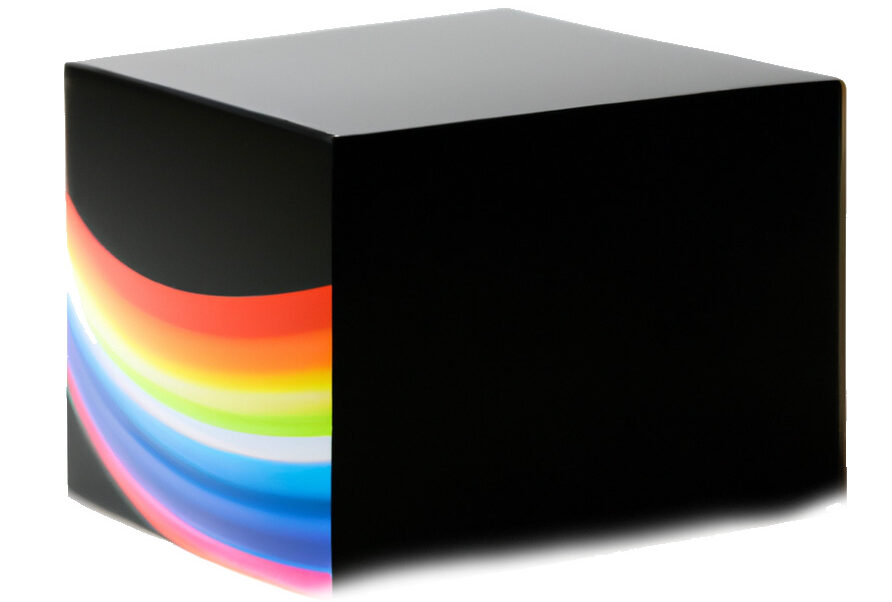A recent ruling from the United States District Court for the Northern District of California has dealt a significant setback to generative AI companies, particularly affecting those involved in creating AI-driven image generation tools. The court’s decision partially granted and partially denied motions to dismiss filed by Stability AI Ltd., Midjourney, Inc., DeviantArt, Inc., and Runway AI, Inc., in a high-profile copyright lawsuit.
The lawsuit, brought by a group of artists, including Sarah Andersen and others, alleges that the AI companies unlawfully used billions of images, including the artists’ copyrighted works, to train their AI models without proper consent. These AI models, such as Stability AI’s “Stable Diffusion,” are capable of generating new images in the style of the original artworks, raising concerns about copyright infringement.
The court’s ruling allows some claims of direct copyright infringement to proceed, particularly those involving the use of copyrighted works as training data. However, it dismissed other claims, including those related to the Digital Millennium Copyright Act (DMCA) and unjust enrichment, finding insufficient evidence to support these allegations.
This ruling underscores the complex legal landscape surrounding the use of copyrighted materials in AI training and the challenges that generative AI companies face as they navigate intellectual property laws. The case highlights the ongoing tension between technological innovation and the protection of artists’ rights, with potentially far-reaching implications for the AI industry.
Note: This article does not constitute legal advice, and is for journalistic and informational purposes only.
